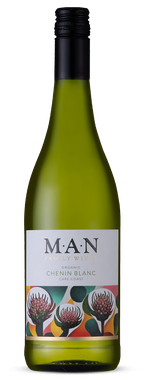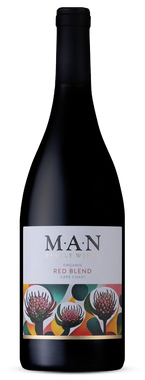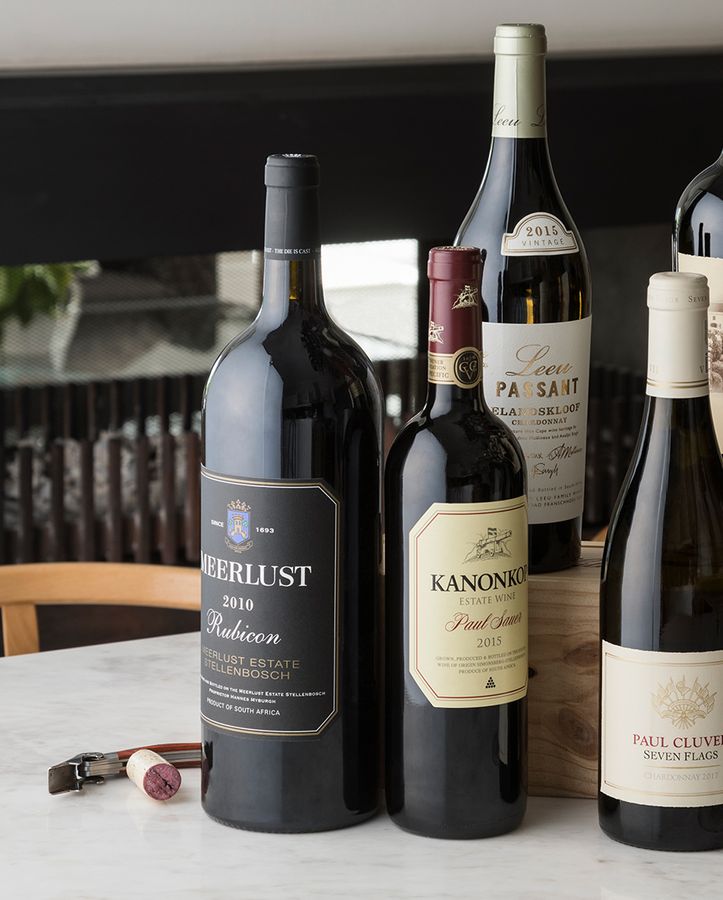Organic wines were once oddities. Today they’re a philosophy. Consumers not only buy wines that are quality-driven and offer value, but also provide a unique experience tied to nature and that speak to their moral compass. One producer whose core philosophy has always been in tune with these changing sentiments is MAN Family Wines. “In essence we’re trying to provide really delicious wine where consumers get good value and at the same time, we’re trying to do our bit to improve the environment and the expression of our site,” says co-founder Tyrrel Myburgh.
Armed with little more than an abandoned tractor shed and makeshift equipment twenty years ago, Tyrrel and fellow partners Phillip Myburgh (Joostenberg) and José Condé’s (Stark-Condé) dream was making quality, sustainable, and value-driven wines available to everyone. Their venture employs a negociant model founded on strong relationships with their people and growers in the Agter-Paarl region between Joostenberg and the Paardeberg. Here, the vineyards rest on Malmesbury shale and are mostly dryland farmed (without irrigation). Winemaker Riaan Möller says that dryland farming forces the vine roots to grow deeper to find water and nutrients, improving flavour intensity and balance in the wines. These soils produce an opulent, juicy quality, lifting the varietal expression.
The choice to add two organic wines to their range, a Chenin Blanc and red blend, was a natural progression, as organics was always a focus of MAN. Joostenberg has been certified since 2012, while Stark-Condé’s vineyards are organic from 2022, and their recently acquired property, Lievland is "organic in conversion". Organic farming has been a way for those at MAN to amplify the distinctiveness of the Agter-Paarl area. “In a very simple way by not using chemicals on your farm you are allowing the soils and therefore the site to express itself in the wines by minimising your outside influences and maximising the intrinsics of your site,” says Tyrrel. However, their purpose is larger. He adds: “It ties into our commitment to preventing environmental degradation and improving life on the planet.”
By balancing craft, sustainable farming and affordability, they have become a reference point with global buyers aptly tagging them as everyday wines for wine geeks.


